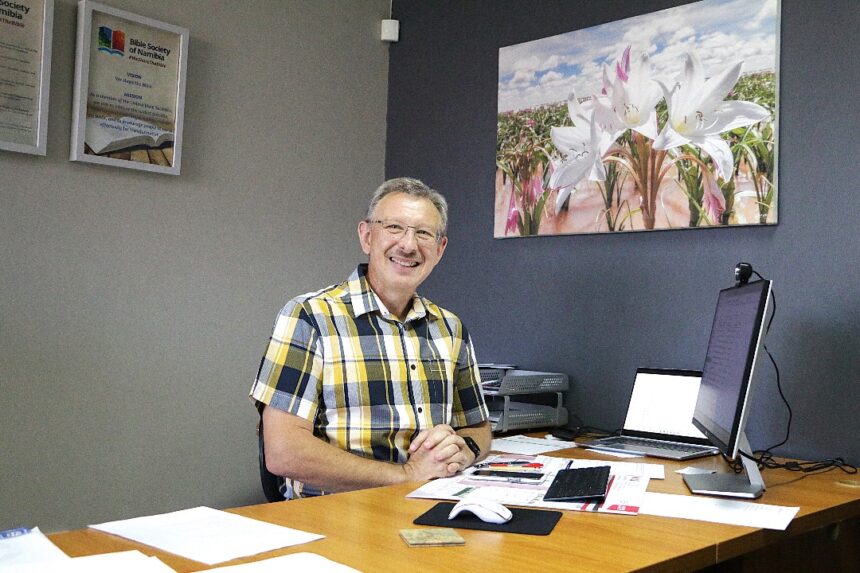Rudolf Gaiseb
The chairperson of the Bible Society of Namibia, Schalk Botha, said they are facing a shortage of Bibles translated into indigenous languages.
In a recent interview with New Era, he stated that due to low funds, they are unable to make bulk orders of the printed books from overseas.
“We are printing in China and South Korea. In recent years, we used to pay after the arrival of the Bibles, but a few years back, they changed it. When you order Bibles, you must put down the money first.
“We are not talking about small money. It’s big money. You need at least about N$800 000 to N$1 million to receive Bibles in our country. It takes about three months to get them here, and it’s usually via ship. The more we order, the cheaper,” he said.
He requested investors to capitalise on the organisation’s mandate to help accomplish its responsibility of translating the Bible into various local languages.
This is to ensure diverse linguistic communities in the country engage with the Bible in their mother-tongues.
The society prints and sells Bibles in Oshiwambo, Otjiherero, Rukwangali, Khoekhoegowab, Thimbukushu, etc.
Currently, the society has run out of copies in most of these languages, except for English. Botha said the demand is high. “We are committed to widespread accessibility and operate in Windhoek, Ondangwa and Ongwediva. Through outreach projects, we distribute free Bibles to schools, churches, old age homes and orphanages in different communities in our country.
“To sustain our operations and projects, we organise events and campaigns to raise funds for free Bible distribution. One such campaign is ‘Help print and bring the local languages to Namibia’,” he stated.
He said this campaign is rolled out and open to individuals, organisations and churches.
“With investors, we can order like N$10 000 per language. It will be more possible for us to order and have more Bibles in stock for a longer period.
They too will benefit in the run, and do not need to worry. Legal procedures will be in place to protect that money,” he added.
Botha is of the view that although the Bible is not considered the number one resource of hope due to a secular State, the people on the ground are Christians, and many Namibians are “very hungry” for the Bible.
He said the society now offers the first-ever children’s story Bible, translated into local languages, including Oshikwanyama, Otjiherero, Oshindonga, Khoekhoegowab and Rukwangali.



